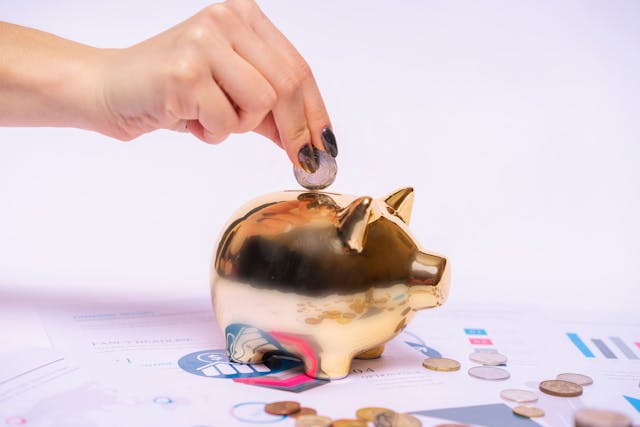CAPITAL GAINS IN CANADA
The federal election is over. Now that the election is over what is the prognosis of Capital Gains in Canada with the election of the Liberals having a minority government and the NDP having a major influence on what bills pass?
DEFICIT
During the current Covid-19 pandemic the amount of money that has been expended is enormous and most of the money has been borrowed, with an estimated current deficit of almost $400 million dollars ($400,000,000.00) which brought up the total deficit to almost 1.4 trillion dollars ($1,400,000.000.000.00).
GOVERNMENT NEEDS MONEY
• One of the items identified as a possible source of tax revenue is Capital Gains
• Currently the Capital Gains inclusion rate is 50%, which means that for every hundred dollars the taxable income is $50.
Every time a taxpayer sells an investment, the profit on that investment is considered Capital Gains.
• This is on top of your earnings that you make during the year as income.
• What the NDP wants to see, and it is very possible, is that the government will increase the inclusion rate to 75%.
WHAT IT MEANS TO THE TAXPAYER
Now for every $100 of capital gains the government will tax $75 of that profit.
Example: A taxpayer has a piece of investment property and has capital gains of $400,000 the government will tax $200,000. The taxpayer will pay an estimated tax of $67,683.84 (assuming no other income). This is an effective rate of 16.92%.
When the inclusion rate goes up to 75% the government will tax 75% of the $400,000 or $300,00 will be taxable capital gains. The estimated tax liability will be $119,779.58.
This is an effective rate of 29.95%. In other words, the taxpayer will pay an additional $67,564.06 income tax. Every dollar above the capital gains will be taxed at the maximum rate of 53.5%.
These numbers are for B.C. taxpayers; the numbers will vary by Province.
TAXPAYER INVESTMENT STRATEGY
Currently, a lot of investors hang on to their investments for the long term so they will not have to pay income tax on their investment frequently and use the money to fund their retirements.
• The taxpayer should rethink their investment strategy to minimize the capital gains on their investments.
FUTURE PLANS
One solution is to review your exit strategy and turn over investments more frequently to keep the capital gains at a lower income (tax) level by turning over investments to keep the adjusted cost base high and keep the spread between the cost base and the selling base at a minimum.
• Plan when you are going to sell an investment that will attract the higher capital gains to keep their regular income lower.
• For taxpayers that have large investments, consider legal advice to shelter those investments in trusts, family trusts and offshore corporations.
TIMING
• Now is the time to revisit your investment strategy.
• Talk to your financial advisor, accountant, lawyer
• Plan, Plan, Plan and after that plan some more



